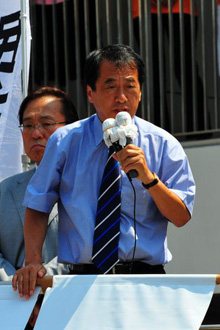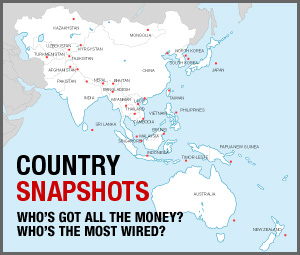
Naoto Kan
Kan, a former Health and Welfare minister and former Democratic Party of Japan president, plays a key role in reshaping how the government works as Deputy Prime Minister and Minister of State for National Policy and Economic and Fiscal policy.
He’s earned the nicknames ‘Ira-Kan’ and ‘Fretful-Kan’ for his reputed short temper, but his experience with tackling Japan’s notoriously intransigent bureaucracy made him an obvious choice for many to oversee the party’s policies and budget.
Prior to becoming a lawmaker, Kan was active in leading various citizen movements. He became a lawmaker on his fourth attempt, winning his first seat in the lower house in 1980 for the now-defunct United Social Democratic Party, after a strong grassroots environmental campaign, and he’s expected to try to encourage civic society to become more closely involved in the policymaking process.
He secured widespread public and media praise in 1996 when, as Health Minister and Welfare Minister in the Cabinet of then Prime Minister Ryutaro Hashimoto, he admitted the Ministry’s responsibility for a scandal involving the spread of HIV-tainted blood—an unprecedented move in Japan.
As Deputy Prime Minister, Kan has said he wants Japan’s Self-Defense Forces to take on a more prominent international role. With Prime Minister Yukio Hatoyama having been criticised for dithering in the DPJ’s early months, Kan has looked decisive and ready to lead.
It’s early days yet, but if the ruling party’s ratings continue to slide, would the DPJ be willing to follow in the well-trodden footsteps of the opposition Liberal Democratic Party and change leaders after only a year? Next year’s upper house elections, where the DPJ hopes to secure enough seats to ensure that it doesn’t depend on coalition partners, could be a good test.











